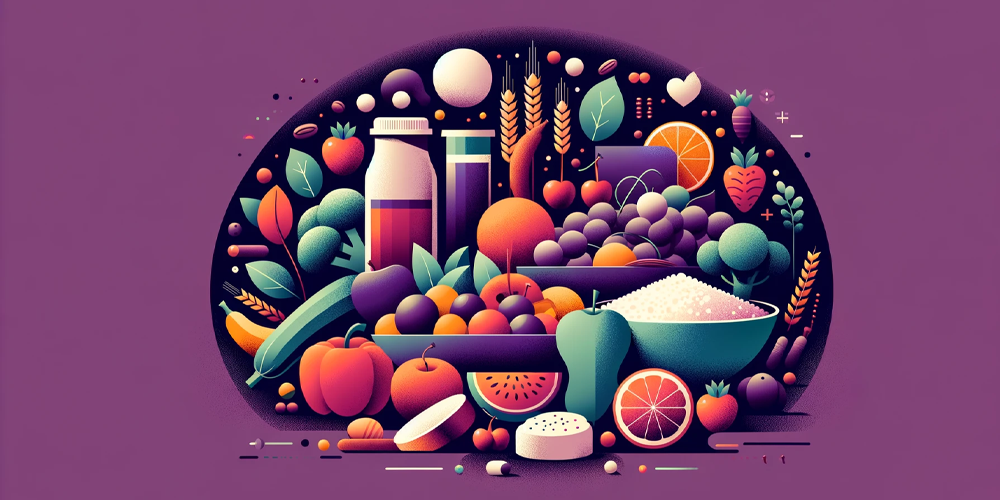Training is not the only decisive factor for full performance. Variety in food is also important.
 Author:
Author:
Marc Yacoub Maroun, certified nutrition consultant HES-SO, Medbase Lancy Pont-Rouge
Fruit and vegetables
To achieve optimal performance and help your body recover, you need not only carbohydrates and proteins, but also vegetables and fruit with their micronutrients, antioxidants and the dietary fibers they contain. And you need variety.
From March to November, triathletes can easily manage this. However, it becomes critical from December to February. During this period, there is little variety and what is available is not equally well tolerated by everyone.
Triathletes are prone to stomach problems. If your gut rebels, you can try a FODMAP diet to find out which vegetables or fruits are bad for you. FODMAP is the abbreviation for certain carbohydrates that are known to trigger irritable bowel symptoms.
If you can’t tolerate something, it’s better to leave it out. Because you won’t achieve your best times with bloating or abdominal pain. To perform well, your digestion also needs to be balanced.
However, if this leads to a one-sided diet over the winter and you can’t eat enough vegetables, you are missing out on important micronutrients. In this case – and only in this case – dietary supplements can help you at this time of year, for example a multivitamin preparation with various minerals. However, use them carefully and not permanently.
Carbohydrates
Not all carbohydrates are the same: there are simple and complex carbohydrates. The latter take longer to digest because they first have to be broken down into smaller components before they can be absorbed in the intestine.
Simple carbohydrates are particularly useful during training because they directly serve as “fuel” for your muscles. However, too many simple carbohydrates can lead to stomach problems. The following therefore also applies here: find out what you can tolerate and in what quantities during training and not just during the competition.
During the recovery period, on the other hand, complex carbohydrates are recommended, for example wholegrain products. They are harder to digest, but contain more dietary fiber and vitamins.
Proteins
Your protein and carbohydrate requirements change depending on whether you are training for strength or endurance. If you focus on endurance training, your body needs a higher proportion of carbohydrates. In the cold season, many people prefer strength training more. Then you need a little more protein. They don’t give you more strength – this is a common misconception – but they are important for the regeneration of your muscles after training. A nutritionist can show you how to best adjust the ratio of proteins to carbohydrates.
Tips
- Eat a varied diet and eat everything that is healthy. There is no scientific evidence to date that certain foods provide more strength.
- In winter, thirst is lower, but calorie consumption is higher due to the cold. One trick is to add a little more carbohydrate in the form of sugar or fructose to your isotonic drink during this time. In hot weather, on the other hand, you can add a little more salt because you lose more of it in your sweat, and increase the amount you drink overall to refresh yourself.
- A good gut microbiome is associated with better performance and fewer illnesses. Fermented foods such as sourdough bread, mozzarella, pickled vegetables, kefir etc. provide you with probiotic bacteria. A varied diet with lots of dietary fiber “feeds” the health-promoting bacteria in your gut. However, research into this is only just beginning, so it is still too early to make specific recommendations.
WHO IS MEDBASE?
Medbase is the largest multidisciplinary sports medicine network in Switzerland and offers specialized sports medicine services for athletes, clubs and sports associations at all levels of activity in the fields of sports medicine, sports physiotherapy, performance diagnostics and training advice.

